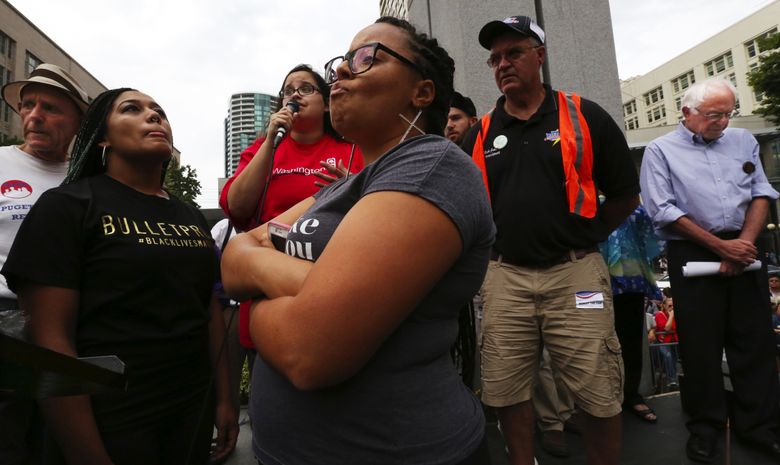Privately-owned hospitals may turn away patients in a non-emergency, but public hospitals cannot refuse care. Public hospitals, funded by taxpayer dollars, are held to a different standard than privately owned for-profit hospitals. This means that a public hospital is the best option for those without health insurance or the means to pay for care.
The Emergency Medical and Treatment Labor Act (EMTLA)
Public and private hospitals alike are prohibited by law from denying a patient care in an emergency. The
Emergency Medical and Treatment Labor Act (EMTLA) passed by Congress in 1986 explicitly forbids the denial of care to indigent or uninsured patients based on a lack of ability to pay. It also prohibits unnecessary transfers while care is being administered and prohibits the suspension of care once it is initiated, provisions that prevent dumping patients who cannot pay on other hospitals. The treatment of indigent and uninsured patients is a huge financial drain upon the health system, especially in areas where no public hospitals are available.
While EMTLA does not prohibit care providers from asking about a patient’s ability to pay, it does make it very clear that emergency treatment cannot be delayed while ability to pay is being checked. Essentially, the law establishes a “treat first, ask questions later” policy. This policy serves a dual purpose by protecting both private hospitals and patients. Private hospitals are protected because they can deny non-emergency care based upon ability to pay and patients are protected because refusal or delay of emergency care based on means to pay is illegal.




